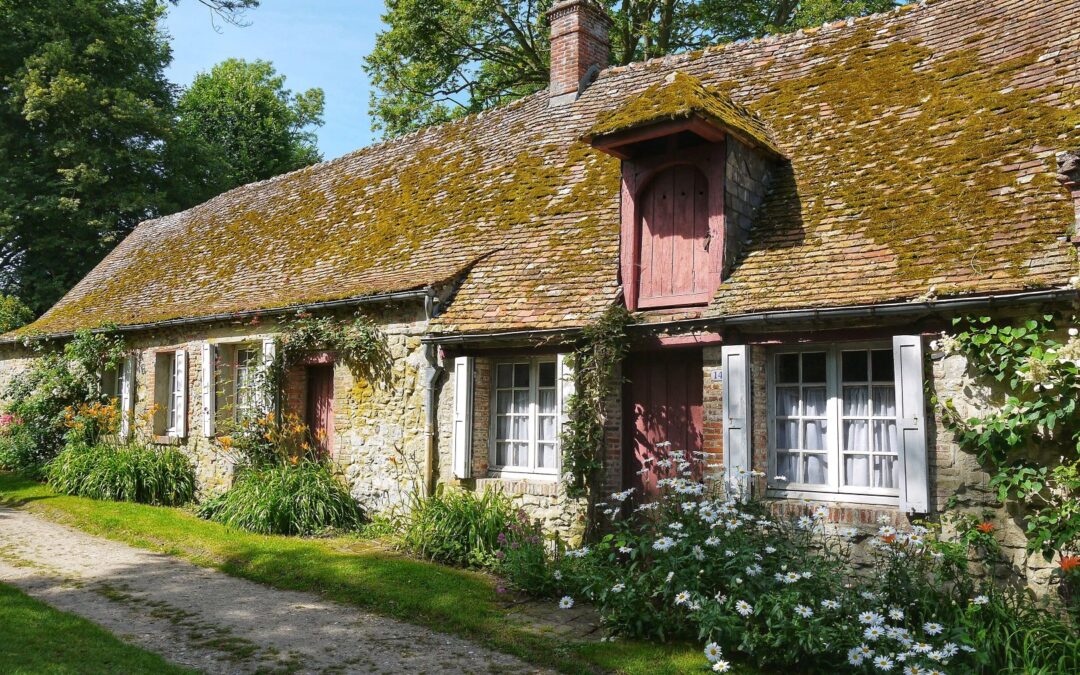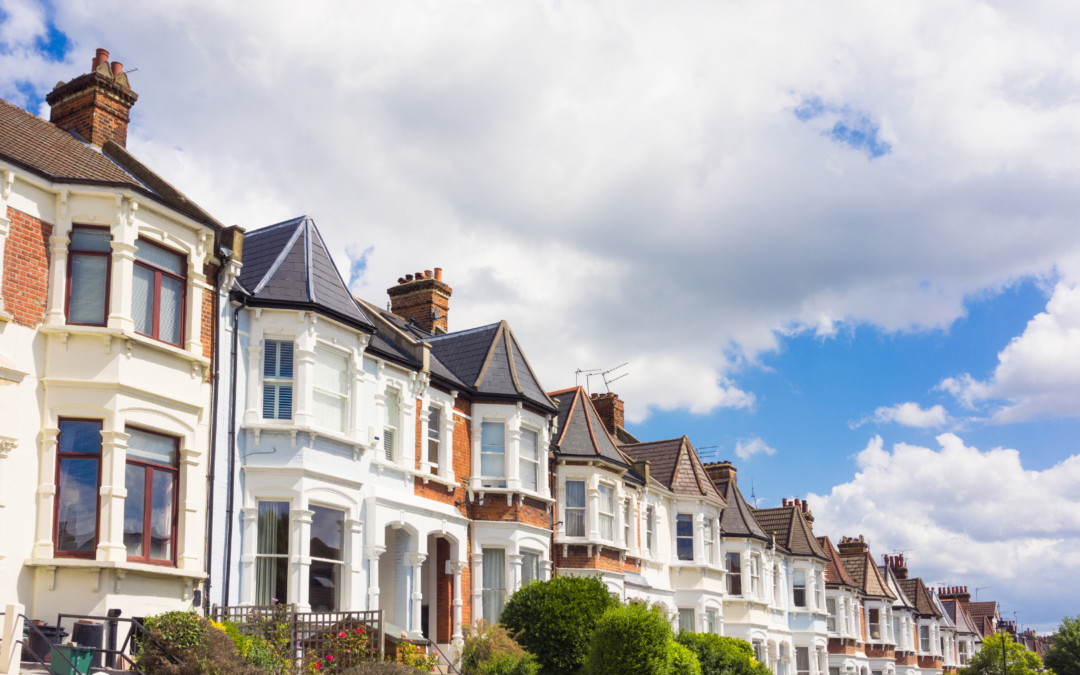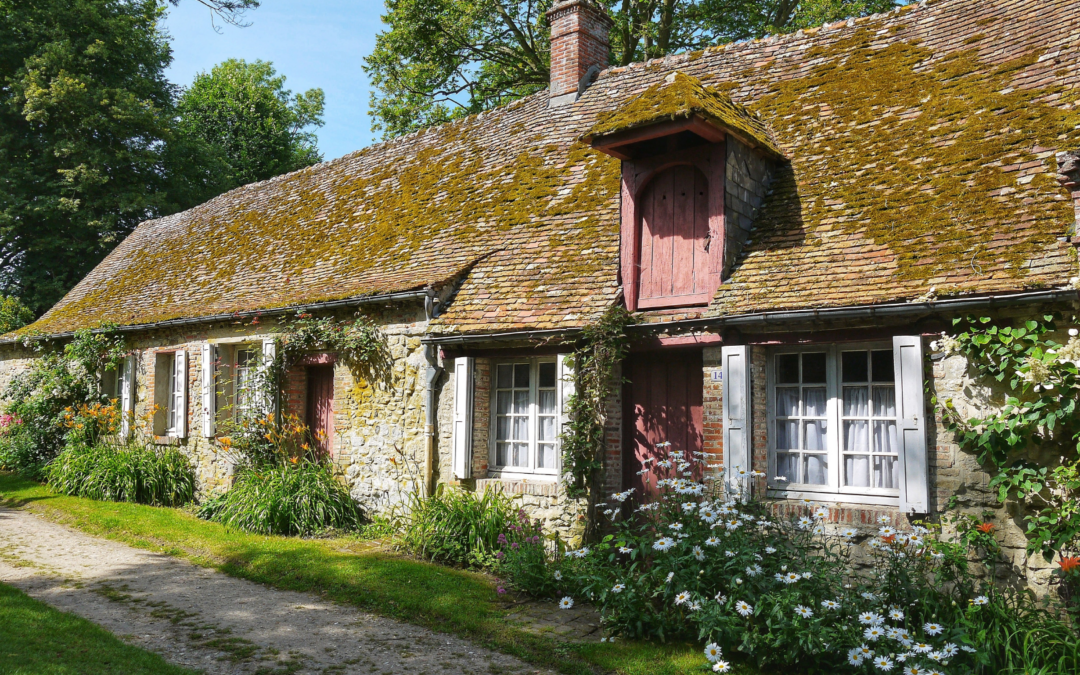As the general election campaign heats up, there are burning questions for the property market.
And so with the Conservative, Labour and Liberal Democrat manifestos hot off the press, and of course other parties proffering their policies, OnTheMarket.com looks at some of the election pledges.
But first, Kate Faulkner, Property Market Analyst and Commentator, gives us a flavour of the policies she thinks the industry needs. Kate says: “There are three key problems with the property market that need to be resolved quickly to make it easier to put roofs over people’s heads in England.”
The first involves vulnerable tenants in the private rented sector, such as those on benefits. Kate explains: “Government either has to provide social housing or subsidise private renting, it can’t ‘squeeze’ the private rented sector to meet social need/budgets as it’s trying to do currently.”
The second challenge to tackle is around first-time buyers, and their struggle to save for a deposit, despite – in the main – being able to afford a mortgage. Fixes, Kate says, could be more mortgages for friends, plus more shared ownership and ‘rent to buy’ properties.
Thirdly, Kate addresses the lack of homes for sale, advocating releasing more properties via downsizing by providing independent expert advice to sellers.
Meanwhile, Philip Norgan, Sales and Lettings Manager at Martin Kemps estate agents, lists some of the things he’d like to see happen:
- Regulation so that agents are vetted and qualified
- More power to local authorities to clamp down on rogue agents
- More social housing, including transforming empty shops into accommodation, redeveloping empty brownfield sites and setting aside funding for those on disability benefits to rent their own property
- A change in Stamp Duty so that it’s fair to everyone
- Speed up the conveyancing process
And so what do the Conservatives, Labour and Liberal Democrats say they’ll do if elected?
Housebuilding
Both the Conservative and Labour party have put the figure of more than a million to housebuilding promises in their manifestos. The Conservatives pledge ‘at least’ 1 million more ‘homes of all tenures’ over the next five years, and also say they’ll streamline the planning system. Meanwhile, Labour has promised a ‘new social housebuilding programme’ – with council housing at its core – over ten years. They say, if elected, by the end of their five years, they will be building at least 150,000 council and social homes a year. The manifesto also repeats Labour’s pledge from 2017 to set up a Department for Housing, as well as the promise to give local people ‘first dibs’ on new homes built where they live.
Meanwhile, the Liberal Democrats say they’ll build at least 100,000 homes for ‘social rent’ annually, with the promise that total housebuilding increases to 300,000 a year.
House-buying
A key policy area for the different parties is obviously to get feet on property ladders. The Conservatives plan to stoke ‘a new market in long-term fixed rate mortgages which slash the cost of deposits’ to pave the way to home ownership for first-time buyers. Labour, meanwhile, plans to build more ‘low-cost homes reserved for first-time buyers in every area’. The party has also pledged to ‘reform’ Help to Buy with a spotlight on first-time buyers on ‘ordinary incomes’, and end the right to buy.
Meanwhile, the Conservatives said they would continue their ‘commitment’ to the Right to Buy for council tenants and housing associations, and extend the Help to Buy scheme from 2021 to 2023. The party also promises to reform shared ownership but with no concrete details.
The Conservative manifesto talks of putting in place their ban on the sale of new leasehold properties, and limiting ground rents. Labour’s manifesto also outlines how it would halt the sale of new leasehold properties, ‘abolish unfair fees and conditions’ and give leaseholders the right to purchase their freehold ‘at a price they can afford’. The party also says that it would bring in a tax on properties standing empty for more than a year.
Meanwhile, the Liberal Democrats aim to bring in a ‘Rent to Own’ scheme – also featured in their 2017 election manifesto – for social housing where tenants build up equity in the property, eventually taking full ownership.
All three parties talk in their manifestos about energy efficient homes in varying detail. The Conservatives refer to new homes that ‘support our environmental targets’. Labour pledges a ‘new zero-carbon homes standard for all new homes’, while ‘upgrading’ millions of properties in terms of energy efficiency. The Liberal Democrats also promise to build new homes to zero-carbon standards. Renting
The Conservatives are pledging to abolish ‘no fault’ evictions and to put in place a mechanism for a ‘lifetime’ deposit for renters in a bid to create a ‘fairer rental market’.
Under Labour, private renting would see rent controls, open-ended tenancies to bring an end to ‘no-fault’ evictions and rents capped with inflation, which also featured in their 2017 manifesto. The party has also pledged an annual ‘property MOT’, legally requiring landlords to meet certain standards.
Meanwhile, the Liberal Democrats plan a Help to Rent scheme for young people, who can borrow a government-backed deposit. They also pledge an annual rent increase linked to inflation to control rent hikes, and ‘mandatory licensing’ to ‘improve protections against rogue landlords.’
Second homes
Labour has pledged to bring in a ‘new national levy’ on second homes used as holiday homes which it says will go towards tackling homelessness. Meanwhile, the Liberal Democrats,if elected,are proposing to give local authorities the opportunity to increase council tax by up to 500% where homes are being purchased as second homes, a hike on the 200% pledged in their 2017 manifesto.
Stamp duty
The Conservatives’ manifesto briefly outlines how it will help fund homeless initiatives – through a Stamp Duty ‘surcharge’ for buyers not resident in the UK. Meanwhile, the Liberal Democrats state how, if they are elected, Stamp Duty would be linked to a property’s energy rating, and that they would also create a Stamp Duty surcharge for second home purchases bought from people resident outside the UK.
Social care
The Conservatives touched on social care in their manifesto saying that ‘no one needing care has to sell their home to pay for it,’ building on Theresa May’s last election pledge on that topic, which received criticism.






